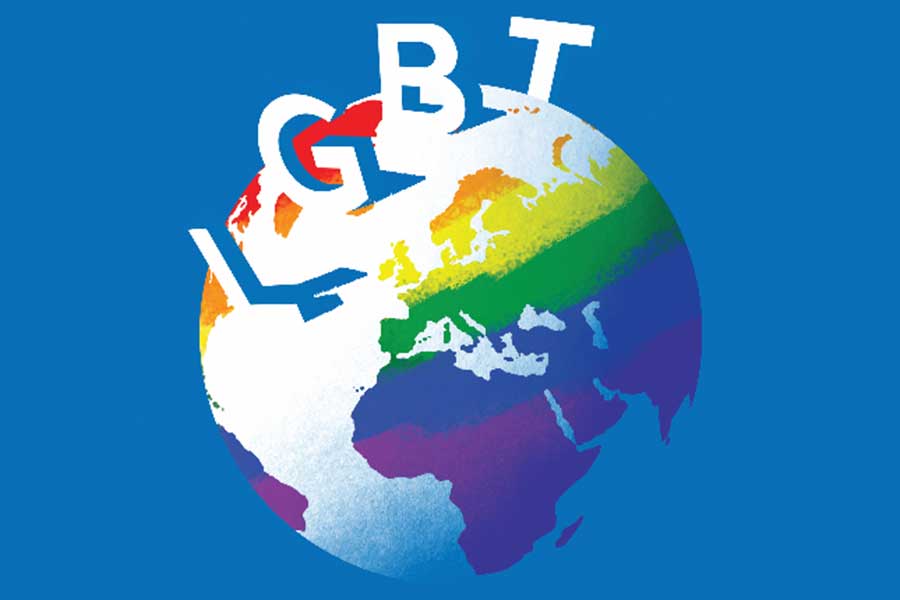Yet another young child took his own life as a result of persistent gay-based bullying last week. Ronin Shimizu, 12, started being bullied at school last year after becoming the only male student on the cheerleading squad. While some of his friends described Ronin as seemingly impervious to this sort of mistreatment, it is
clear now that he was suppressing the painful feelings that accompany being bullied by peers until he could no longer tolerate it. We all know that children can be mean but bullying is a far cry from child’s play. It has very real and long-lasting effects, the worst of which is suicide.
Bullying is described as unwanted aggressive behavior occurring repeatedly towards the same person with the presence of an imbalance of power between the individual targeted and the bully. Bullying includes more than just afflicting physical harm; any effort to harm a person’s reputation, to damage their property or to verbally assault the target are considered bullying behaviors. Unfortunately, at present, LGBT youth generally experience an inequality of power and are sometimes described as having “special needs,” making any of the acts described here clear examples of bullying. One national survey conducted shows that (one of) the most likely groups to be targets of bullying are children and adolescents who are either LGBT or thought to be so. In 2011, the Gay, Lesbian and Straight Education Network found that 82 percent of LGBT adolescents surveyed reported experiencing some form of bullying within the last year — a truly alarming rate. Of those students, 61 percent stated they did not report the incident to the school; of the students who did inform school administration, they reported little to no action being taken. Consequently, LGBT students are also more likely to miss school due to feeling unsafe, which, of course, brings about its own set of problems, such as poor academic performance.
For those who have ever been the victim of bullying, you well know that there are much greater effects than simply the embarrassment and pain experienced in the moment. In fact, it’s been shown that the psychological effects of bullying could last long into adulthood. Not only are victims of bullying much more likely to experience pervasive feelings of shame, low self-esteem and rejection, but they are also substantially more susceptible to mental illnesses such as anxiety and depression. Additionally, LGBT youth are more likely to self-medicate with drugs and alcohol, which often turns into dependence that may then lead to dropping out of school, engagement in high-risk behaviors and even incarceration. Most tragically of all, LGBT teenagers are two to three times more likely to attempt suicide and up to eight times more likely to commit suicide if they are not accepted by family members. Interestingly, there is no significant difference in these statistics between LGBT youth and youth bullied for being perceived as LGBT by others — a reminder of how negatively society views homosexuality, bisexuality and transgenderism.
For those of us who have never been subjected to bullying and its harmful effects, it certainly feels impossible not to be affected by hearing stories like Ronin’s, a little boy his parents described as “loving, compassionate, empathetic, artistic and funny” and “not afraid to follow his heart.” Stories like his not only serve as cold, hard reminders that, no, we have not gained full acceptance, but they also perpetuate feelings of alienation from mainstream society for many of us. We are not the same as our heterosexual counterparts. Our youth is bullied. Our youth suffers. Our youth commits suicide.
If there has ever been a time to make a call to action, it’s now. While in recent years anti-bullying laws were instituted in every state but Montana, we need to ensure that these laws are enforced. We must encourage parents of LGBT youth to provide their children support in the form of acceptance and, if necessary, counseling and psychotherapy. There is a great urgency to help the youngest members of our community to experience feelings of acceptance, because with acceptance comes lower rates of mental illness, substance abuse and suicide attempts and successes. With acceptance, LGBT youth will thrive in school and go on to pursue higher education. Without it, there will undoubtedly be more stories like the one of Ronin, a little boy who was meant to live.
